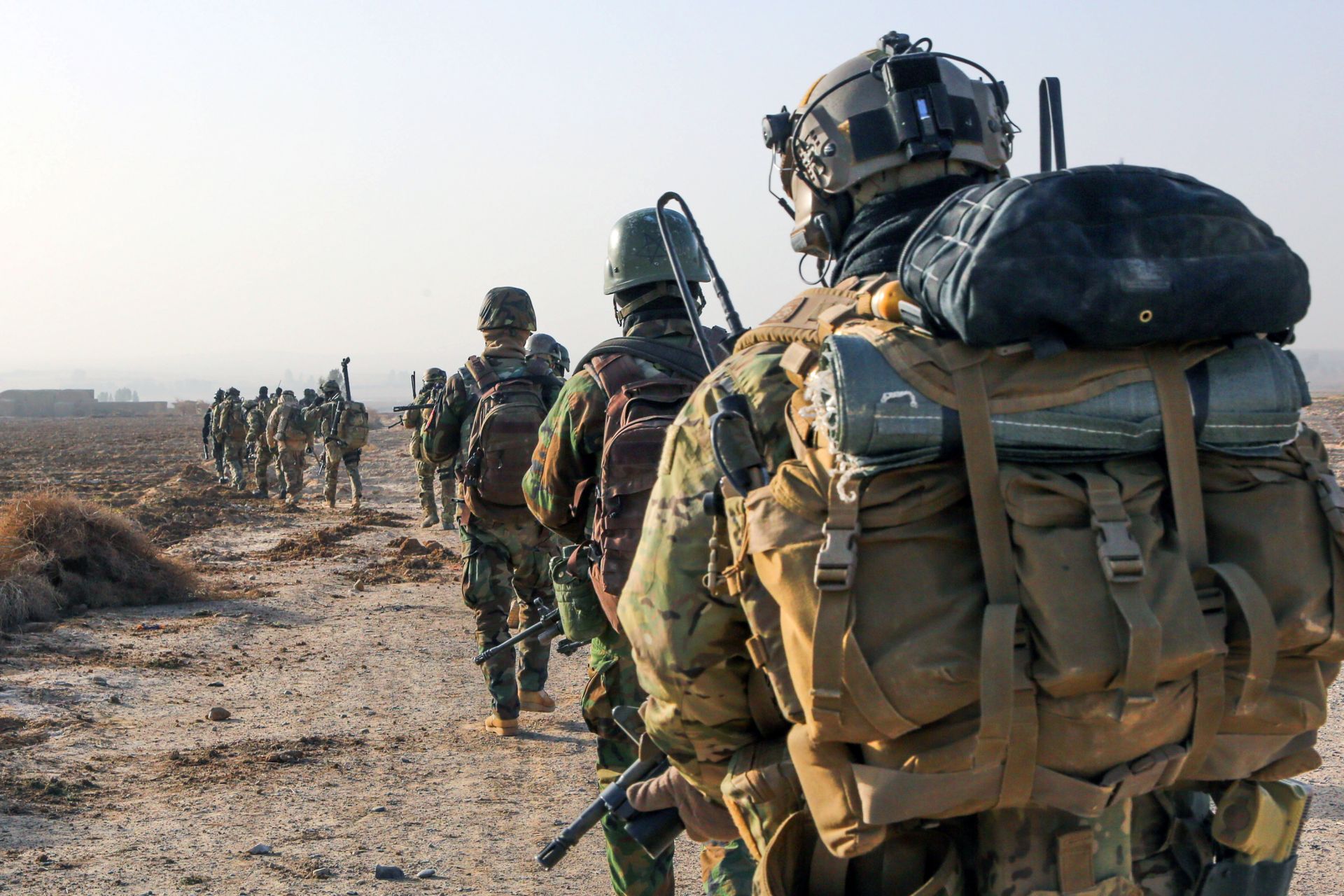Washington: The United States will increasingly rely on special operations troops to battle Islamic State jihadists in Iraq and Syria, US Defense Secretary Ashton Carter said Tuesday, while calling on international powers to beef up their own efforts.
Speaking to lawmakers in the House Armed Services Committee, the Pentagon chief said he was deploying a “specialized expeditionary targeting force” to Iraq to work alongside local Iraqi and Kurdish peshmerga forces battling the IS group.
The jihadists captured vast areas of territory and several key cities across Iraq and Syria last year, and the United States and its allies have been struggling to defeat them ever since.
The Obama administration — cautious after the war in Iraq — initially ruled out “boots-on-the-ground” deployments to fight the IS group, and depended on air power to attack the jihadists, leading a coalition of nations in bombing them since August last year.
But there is growing acknowledgement in the Pentagon that it is impossible to effectively fight the IS group without some US ground presence.
Officials in October announced the deployment of 50 special operations forces to work with anti-IS fighters in Syria and help glean intelligence and identify targets for US and coalition bombers to strike.
Citing security concerns, Carter was evasive when asked how many additional special forces troops would go to Iraq, but said it would be a “larger number” than the 50 in Syria. The United States currently already has about 3,500 troops in Iraq, but their mission is to “train and advise” local forces.
A US official, speaking on condition of anonymity, later told AFP the number would be about 200.
Though the new troops will be based in Iraq, they will have the ability to conduct raids across the border in northern Syria.
“These special operators will over time be able to conduct raids, free hostages, gather intelligence, and capture ISIL leaders,” Carter said, using an alternative abbreviation for the IS group.
“This force will also be in a position to conduct unilateral operations into Syria.”
‘Coming in the window’
Carter, who is Obama’s fourth defense secretary and began his job in February, said the move would put IS leaders “on notice.”
“You don’t know at night who is going to be coming in the window,” he said. “That’s the sensation that we want all of ISIL’s leadership and followers to have.”
He cited a raid in October in which US Special Operations forces and Kurdish peshmerga troops stormed an IS-run prison near Hawijah in northern Iraq, freeing some 70 captives who were facing imminent execution. One US troop died in the operation.
Carter also hinted he might send additional special forces to Syria, beyond the 50 already disclosed.
“We’re prepared to do more,” he said. “I have every reason to believe the president will allow us to do more and authorize us to do more when we have more opportunities.”
US lawmakers regularly summon Pentagon officials to testify about the progress of the effort to counter IS jihadists.
Though about 65 nations are in the US-led coalition, American warplanes and drones do the lion’s share of work.
Speaking more than two weeks after terror attacks in Paris left 130 dead, Carter called on international powers to ramp up efforts to defeat the IS group.
“The international community — including our allies and partners — has to step up before another attack like Paris,” he said.
“The more contributions we receive from other nations, the greater combat power we can achieve using our own force.”
His comments come as the British parliament prepares to debate whether the Royal Air Force should start bombing in Syria.
Republican Senator John McCain, a longtime critic of the anti-IS strategy, called the deployment of additional troops a “belated step forward.”
“However, today’s announcement is yet another reactive and incremental step,” he said.
Despite more than a year of daily plane and drone strikes against the IS group, the United States is still struggling to win, and lawmakers expressed frustration at the slow pace of the campaign.
Carter was joined by his top commanding officer General Joe Dunford. Asked whether the IS group had been “contained,” Dunford said: “We have not contained ISIL.”
Then, when asked by Congressman Michael Turner of Ohio if the United States was winning “now,” Carter would say only that “we will win.”









